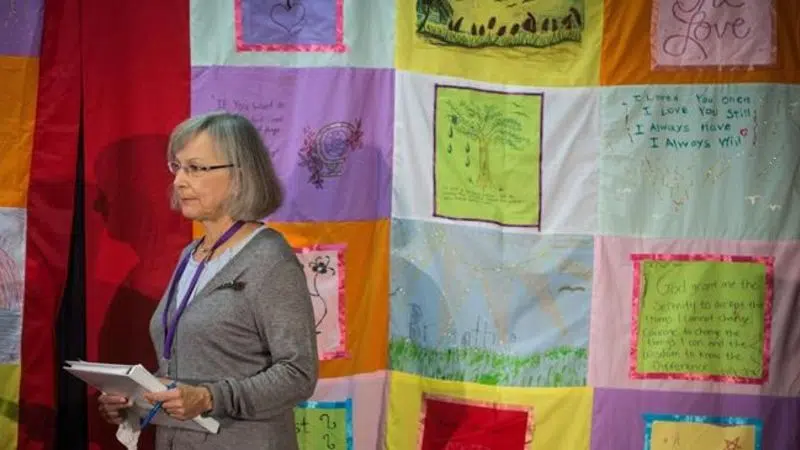
Killing, violence toward Indigenous women, girls ‘not a relic of our past’: PM
GATINEAU, Que. — Geraldine Gauthier clutched a picture of her sister, Lynn, as she heard from the federally funded commission tasked with documenting the causes of violence against Indigenous women and girls.
Lynn was murdered 19 years ago. For Gauthier, the day was emotional and brought back many memories. But it was also filled with a touch of optimism now that 231 recommendations from the inquiry into missing and murdered Indigenous women and girls have been put on paper.
“They are going to hear what we have to say, first of all,” she said. “It is a beginning and I hope it does bring change.”
